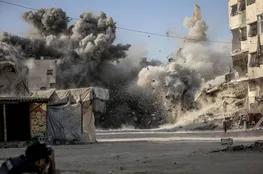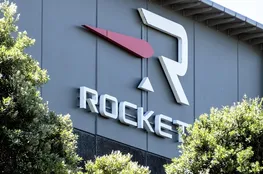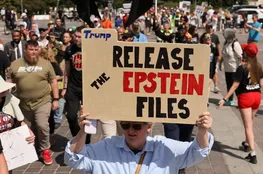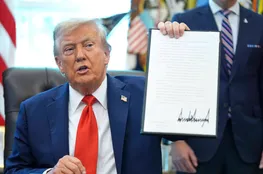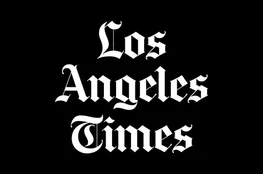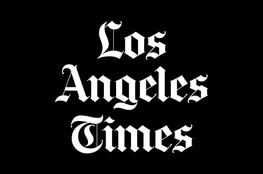President Donald Trump has indicated he intends to utilize federal investigators to pressure journalists and uncover the source of a preliminary Defense Intelligence Agency (DIA) assessment, which assessed that his strikes on Iran may only delay the regime’s nuclear program by a few months. Trump reiterated his demand for prosecution of the leaker and expressed suspicion that Democrats were involved in the report’s release. "They could find out easily. And you go up and tell the reporter, ‘National security, who gave it.’ You have to do that," Trump stated during a pre-taped interview on Fox News’ "Sunday Morning Futures." He further speculated that the strategy would involve leveraging investigative power to compel information.
The president has consistently maintained that the strikes he authorized against three Iranian nuclear facilities were devastating, effectively "obliterating" them. He expressed frustration with media outlets, specifically CNN and The New York Times, which initially reported on the leaked assessment, questioning their initial portrayal of the strikes’ impact. These outlets had suggested the damage might not have been as complete as Trump claimed, highlighting a discrepancy in the assessment’s conclusions. Trump countered, asserting that the strikes resulted in the "complete obliteration" of the facilities, definitively ending Iran’s nuclear ambitions, at least temporarily. The initial reporting by CNN and The New York Times sparked a significant debate about the efficacy and accuracy of the military action.
The situation highlights the ongoing tension between executive authority and freedom of the press, particularly when sensitive intelligence assessments are involved. The DIA’s assessment, while preliminary, provided a critical perspective on the strategic implications of the strikes, prompting a complex discussion about the long-term consequences of the military action. Furthermore, the president’s approach reflects a broader strategy of challenging narratives presented by what he considers to be hostile media outlets, aiming to control the public’s perception of his administration’s policies and decisions. This tactic has become a recurring element of his communication style, frequently employed to discredit reporting he deems inaccurate or detrimental to his agenda. The implications of this approach extend beyond the specific case of the Iran strikes, raising concerns about the potential for government pressure on journalists and the chilling effect it may have on investigative reporting.
The deliberate framing of the media as ‘fake news’ and the pursuit of a single source through coercive means represent a significant challenge to journalistic independence and the public’s right to informed reporting. Ultimately, the episode underscores the delicate balance between national security concerns and the vital role of a free press in holding power accountable.



